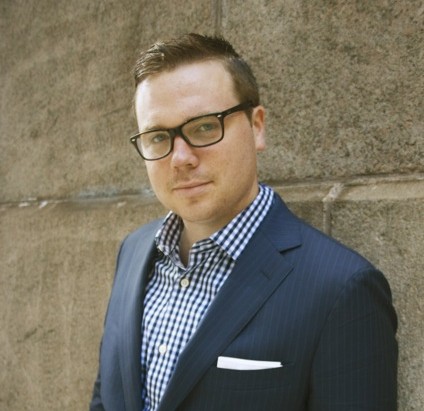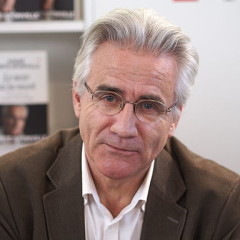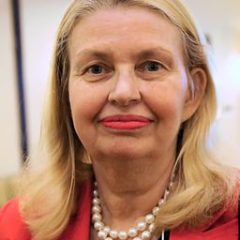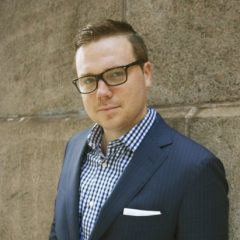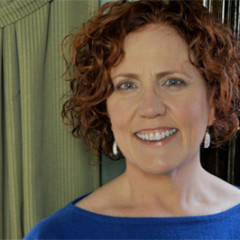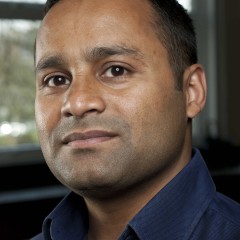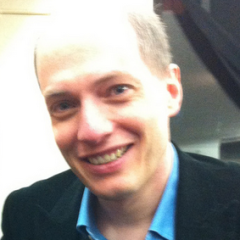Looking for some nonreligious books to add to your summer reading list? Want some recommendations beyond the “new atheist” bestsellers?
Below, six atheist and Humanist activists, authors, or scholars offer their picks for atheist books you may have missed and explain why you should read them. Check back tomorrow for the second half of this list! (Update: Here’s part two.)
1. The Little Book of Atheist Spirituality by André Comte-Sponville
For anyone deafened by the culture war, this accessible but substantial little book is like hearing refreshing new music. Instead of reacting and defending as so many books do, this is the work of an intelligent atheist thinking out loud, honestly and well, about things like community and loyalty, the ways people stay attached to ideals and committed to each other after faith is gone, and how they handle grief and loss without the traditional supports. It’s a happy surprise of a book. —Dale McGowan, author of In Faith and In Doubt and Executive Director of Foundation Beyond Belief | @InFaithAndDoubt
2. Freethinkers by Susan Jacoby
It is widely believed that America is a Christian nation devoid of a secular heritage. Freethinkers is the perfect antidote for this false claim, showing that America has a rich history of secular political thought and activism. Jacoby discusses usual figures like Thomas Jefferson, but also lesser known secular champions such as Thomas Paine and Elizabeth Cady Stanton. In the process, she leads us from our founding to the Golden Age of Freethought to the rise of religious fundamentalism to the Civil Rights Movement to our modern legal battles. Given its subject matter, Freethinkers is particularly relevant to atheists and secularists in America. But I submit that it should be required reading for all Americans. —Michael De Dora, Director of Public Policy at Center for Inquiry | @mdedora
3. The Unlikely Disciple by Kevin Roose
The Unlikely Disciple recounts agnostic Brown University student Kevin Roose’s semester spent at Liberty University, the evangelical school founded by Jerry Falwell. While the creation science exams, homophobic sermons, and spring break proselytizing make for salacious stories for a secular audience, what sets this autobiographical work apart as a critical atheist text isn’t just the right-wing gossip—it’s Roose’s commitment to humanizing his Christian peers and showcasing their diversity. Roose didn’t immerse himself in an evangelical environment to challenge; he was motivated to simply understand those with whom he disagreed. —Stephen Goeman, atheist interfaith activist and first year Master of Divinity candidate | @StephenChanges
4. An Unquenchable Thirst by Mary Johnson
With incredible storytelling and provocative insight, An Unquenchable Thirst does more than offer a glimpse into one of the most private worlds of Catholicism. Amid the history of one of the world’s most influential religions, this book shares the personal journey of a former nun through doubt—to doubt—familiar to many atheists and agnostics. As a former Catholic, I found in this book a connection to my own past, a better way of understanding who I am, and true support for the work I do today. I recommend this book to former and current Catholics alike; to the nonbelievers who challenge and question every day; and to anyone who has struggled to forge his or her identity in a world where doing so can feel so lonely. —Sarah Chandonnet, Program Director at the Humanist Community at Harvard | @sarahjanechando
5. The Young Atheist’s Handbook by Alom Shaha
An honest and vulnerable personal memoir written by a science teacher who was born in Bangladesh and raised in the UK. As an immigrant, ex-Muslim, and person of color, Alom Shaha is highly sympathetic to those who face racial, ethnic, and religious intolerance—and impatient with fellow atheists who stereotype Muslims and other people of faith. Shaha’s intersectional perspective will appeal to non-believers concerned with social justice issues, while his compassionate, practical, pluralistic approach makes The Young Atheist’s Handbook an inspiring read for anyone. It’s one of very few atheist books I’d feel comfortable recommending to a wide audience of believers and non-believers alike. —Daniel Loxton, Editor of Junior Skeptic and author of Evolution: How We and All Living Things Came to Be | @Daniel_Loxton
6. Religion for Atheists by Alain de Botton
Religion for Atheists starts with a bold idea: The interesting question about religions isn’t “are they true” but “what can we learn from them?” Religion is more than a list of sentences that are either true or false—it’s a solution to certain social and moral problems that modern, secular life can learn from. How do we put others ahead of ourselves, how do we show compassion and humility, how do we manage the terrors of everyday life, and so on. Though some of de Botton’s specific proposals fall somewhat flat, the spirit behind them is a moving and broad-minded one, which advances the spirit of atheism and secular life forward. —Vlad Chituc, Research Associate at Duke University | @VladChituc
What books would you add to this list? What do you think of the books listed? Please share your recommendations in the comments and check back tomorrow for part two! (Update: Here’s part two.)
